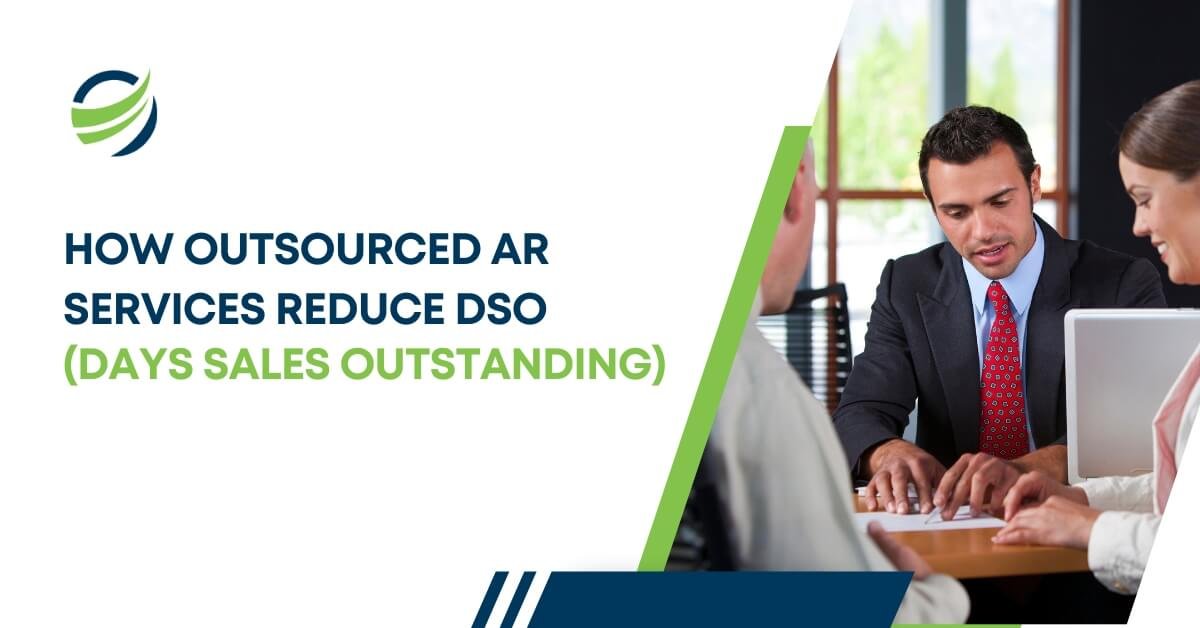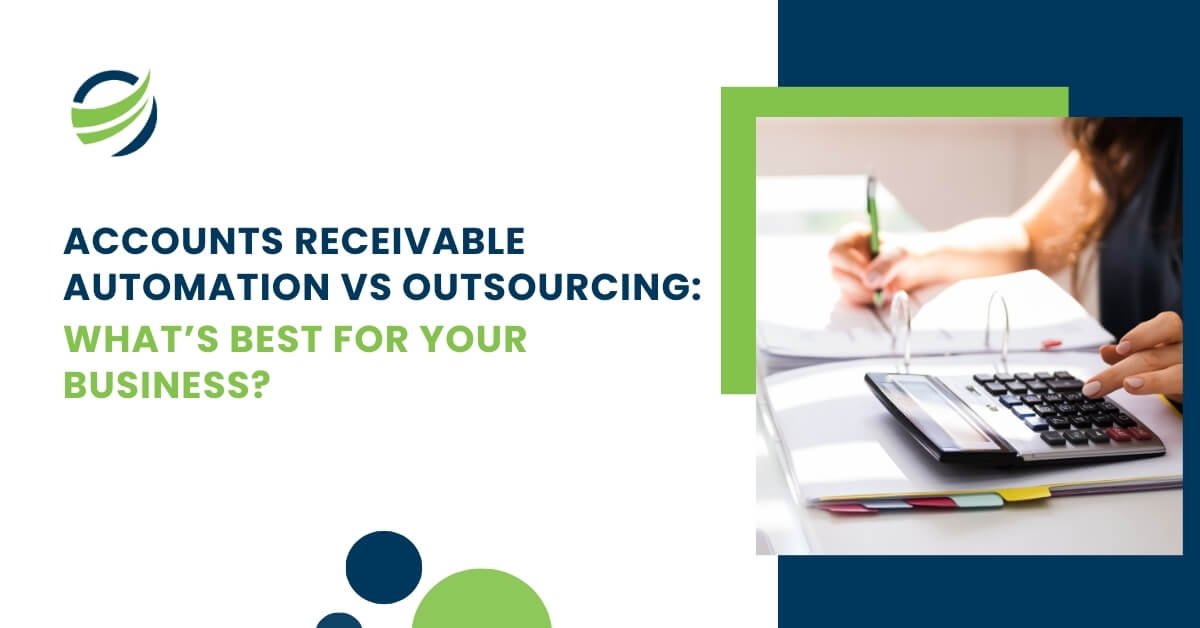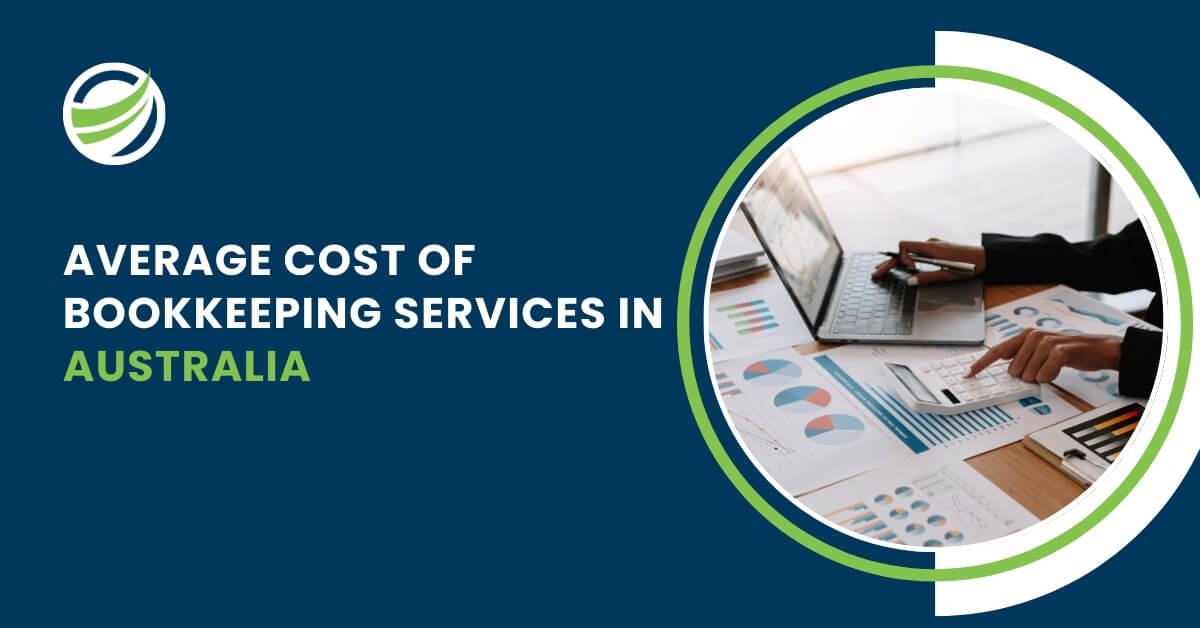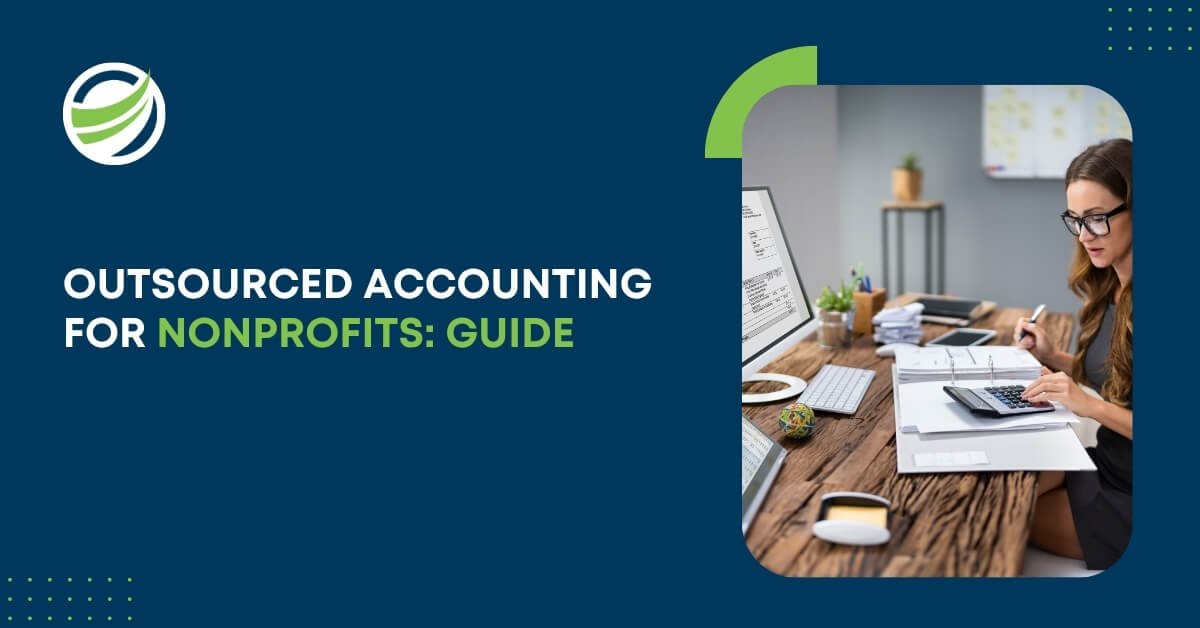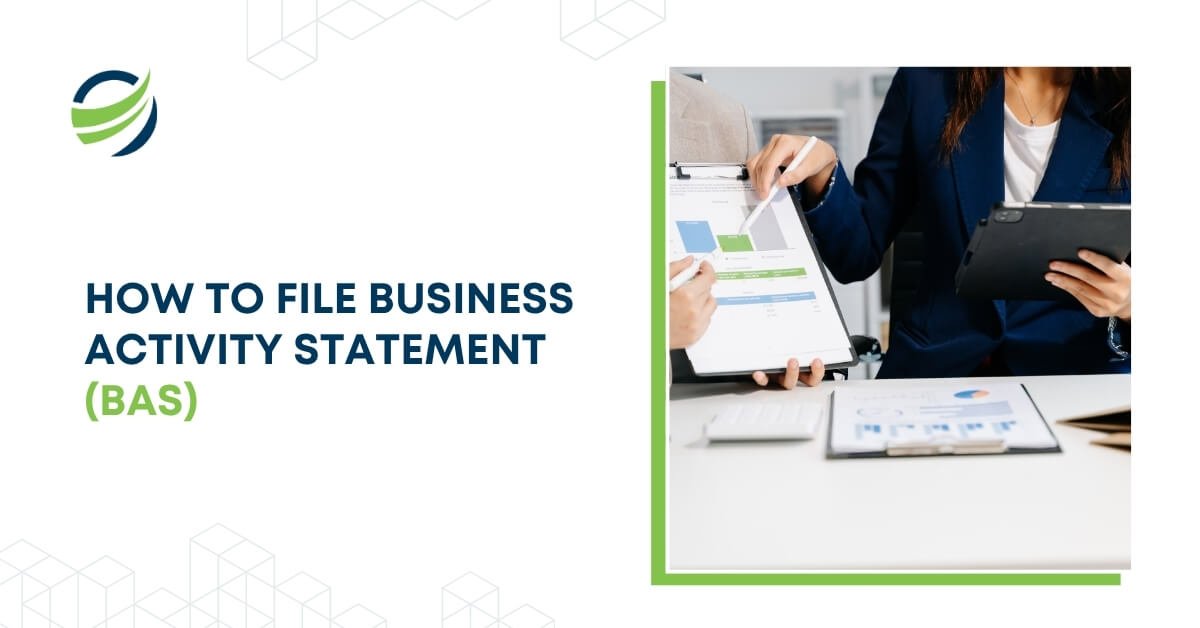
2025 Working from Home Tax Deductions to Claim in Australia
- Aesha Shah
- March 11, 2025
- 6 minutes
- Blogs
Working from Home Tax Deductions to Claim in Australia (2025)
With remote work becoming the norm, many Australians are looking for ways to maximise their working from home tax deductions in 2025. If you’re working from home, you may be eligible for various deductions to help offset the additional costs of running a home office. The Australian Taxation Office (ATO) has specific guidelines on what can and cannot be claimed, and understanding these rules can help ensure you make the most of your home office tax benefits.
Understanding Work from Home Tax Deductions
To claim deductions for working from home, you must be performing your job duties from home, not just occasionally checking emails. According to the Australian Bureau of Statistics (ABS), as of August 2024, 60% of managers and professionals in Australia usually worked from home, compared with only 21% of other occupations. This highlights how home office tax deductions are more relevant to certain job sectors, making it crucial for eligible employees to understand what they can claim.
You should also have incurred additional expenses directly related to your work, and these costs must not have been reimbursed by your employer. Keeping proper records, such as receipts and work logs, is essential to substantiate your claims.
Methods for Claiming Deductions
The ATO provides two methods to calculate deductions:
Fixed Rate Method – This allows employees to claim a set rate per hour worked from home. As of 1 July 2022, this rate is 67 cents per hour, covering:
- Electricity and gas for heating, cooling, and lighting
- Internet and phone expenses
- Stationery and consumables
- Depreciation of small office equipment
This method simplifies the calculation process, making it easier for individuals who work from home occasionally. However, it may not fully cover expenses for those with higher costs.
Actual Cost Method – This enables individuals to claim the precise amount of additional costs incurred due to working from home. This includes:
- Electricity and internet bills
- Phone bills
- Office furniture and equipment depreciation
- Cleaning expenses for a dedicated home office
While this method allows for more accurate deductions, it requires detailed calculations and extensive record-keeping.
What Can and Cannot Be Claimed
Eligible Deductions You can claim work-related expenses such as:
- Utility bills – A portion of electricity and gas used for heating, cooling, and lighting your home workspace.
- Internet and phone bills – Costs directly related to work use.
- Office supplies – Pens, paper, printer ink, and similar items.
- Depreciation on assets – Computers, office furniture, and other work-related equipment.
- Cleaning costs – If you have a dedicated home office.
Ineligible Deductions Some expenses cannot be claimed, including:
- Rent and mortgage payments – Even if you work from home, these are not deductible
- Council rates and home insurance – These remain personal expenses
- Meal and beverage costs – Regardless of whether you work remotely
- Reimbursed expenses – If your employer has covered certain costs, you cannot claim them
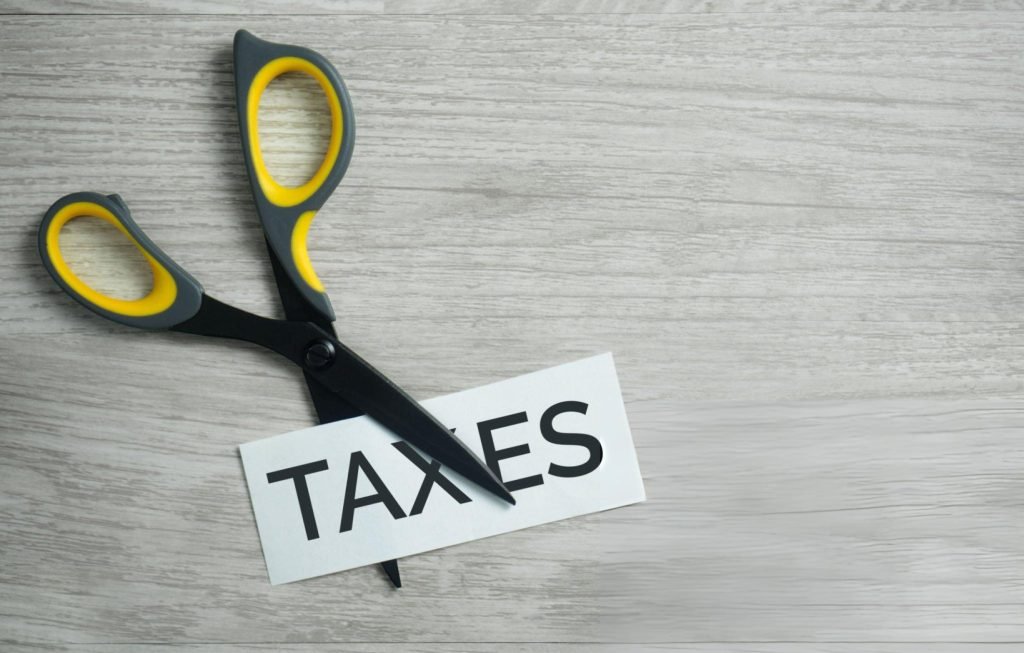
Importance of Record-Keeping
Regardless of the chosen method, maintaining accurate records is crucial. The ATO has increased scrutiny on claims, making it essential to keep:
- Receipts and invoices for expenses
- Work-from-home diaries recording hours worked
- Bank statements for work-related purchases
Using a work from home tax deduction calculator can help estimate deductions more efficiently. Online tools, including those provided by the ATO, can assist in ensuring accuracy when filing tax returns. Many businesses and self-employed professionals opt to outsource bookkeeping and accounting services to manage records efficiently and ensure compliance with tax laws.
Special Considerations: Working Away from Home Deductions
For individuals required to work remotely but not from their primary residence, working away from home tax deductions may apply. These include:
- Travel expenses – Airfare or fuel costs incurred for work-related travel
- Accommodation costs – For extended work-related stays
- Meal allowances – If provided by an employer and meeting ATO guidelines
However, these deductions are generally applicable to employees who must travel for work rather than those who choose to work remotely from different locations.
Key Changes for 2025
As of August 2024, 36.3% of employed Australians usually worked from home, reflecting a slight decrease from 37.4% in August 2023 (ABS). While remote work remains significant, this shift may influence tax deduction claims as workplace arrangements continue to evolve.This trend aligns with recent decisions by major organisations such as Woolworths, Coles, JPMorgan, Amazon, and Tabcorp, which have revoked remote work policies, requiring staff to return to the office. A survey by Robert Half revealed that 39% of Australian businesses now mandate five office days weekly, up from 36% the previous year. As more companies shift back to in-office work, the number of employees eligible for home office deductions may decline.
The 67 cents per hour Fixed Rate Method remains in place for the 2025 financial year. Additionally, the ATO has strengthened enforcement measures to prevent incorrect claims, utilising advanced technology, including AI, to detect discrepancies. With increased scrutiny, taxpayers should ensure they comply with regulations and maintain proper documentation to avoid any issues during tax return assessments.
Recent data indicates a rise in audit activity related to work-from-home claims, with the ATO cracking down on inflated or incorrect deductions. According to H&R Block, common mistakes include claiming expenses for non-work-related activities and failing to maintain sufficient records. Many professionals and small business owners choose to outsource tax preparation services to ensure they maximise deductions while staying compliant with ATO regulations.
Maximising Your Tax Return
To make the most of your working from home tax benefits, consider these tips:
- Use a dedicated workspace – Having a separate home office may allow for higher deductions. This space should be used exclusively for work to substantiate your claims.
- Keep detailed records – Regularly update logs and store receipts. Consider using digital tools or apps to track your expenses and hours worked efficiently.
- Choose the right method – Compare the Fixed Rate and Actual Cost Methods to determine which provides the best return. If your expenses are significantly higher than the fixed rate, the Actual Cost Method may yield better results.
- Seek professional advice – Consulting a tax expert can help optimise your deductions while ensuring compliance. They can provide tailored advice based on your specific situation and help you navigate any complexities in the tax code.
Additional Considerations for Home Office Setup
Investing in a proper home office setup can also enhance your productivity and potentially increase your deductions. Consider the following:
Ergonomic furniture – Investing in a good chair and desk can improve your work environment and may be deductible.
Technology upgrades – If you need to upgrade your computer or purchase additional monitors for work efficiency, these costs can be claimed under the Actual Cost Method.
Office decor – While personal items are not deductible, if you purchase items that enhance your workspace and are used for work purposes, you may be able to claim a portion of these costs.
Final Thoughts
Understanding working from home tax benefits can help individuals maximise their deductions while staying compliant with ATO regulations. Whether using the Fixed Rate Method for simplicity or the Actual Cost Method for greater accuracy, maintaining thorough records is essential. Using a work from home tax deduction calculator can streamline the process and ensure claims are accurate.
Given the complexity of tax laws, many individuals and businesses turn to outsourced tax professionals to handle tax filing and compliance. These experts ensure that deductions are claimed correctly, reducing the risk of errors and penalties. If you’re unsure about which deductions apply to your situation, seeking advice from a tax professional can provide clarity and help you optimise your tax return.




